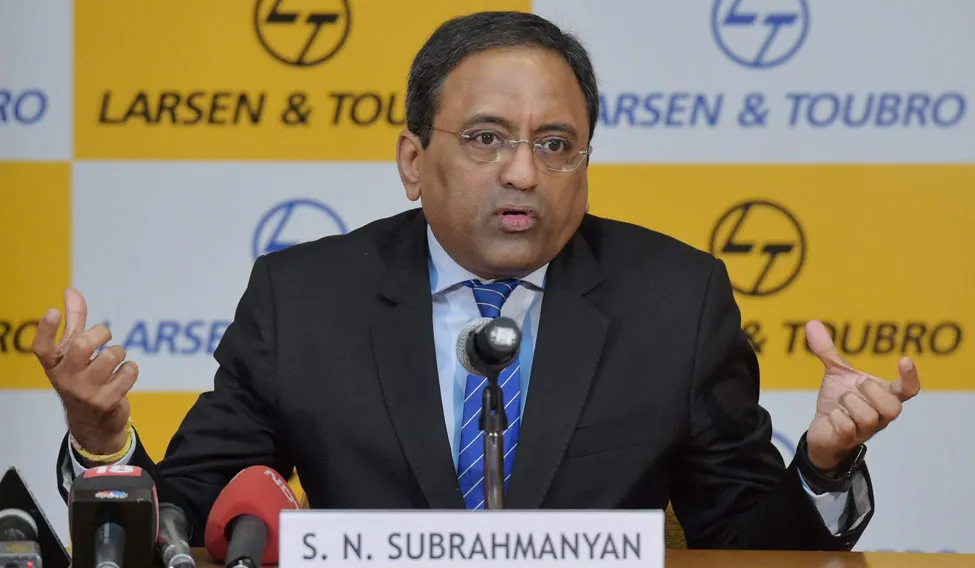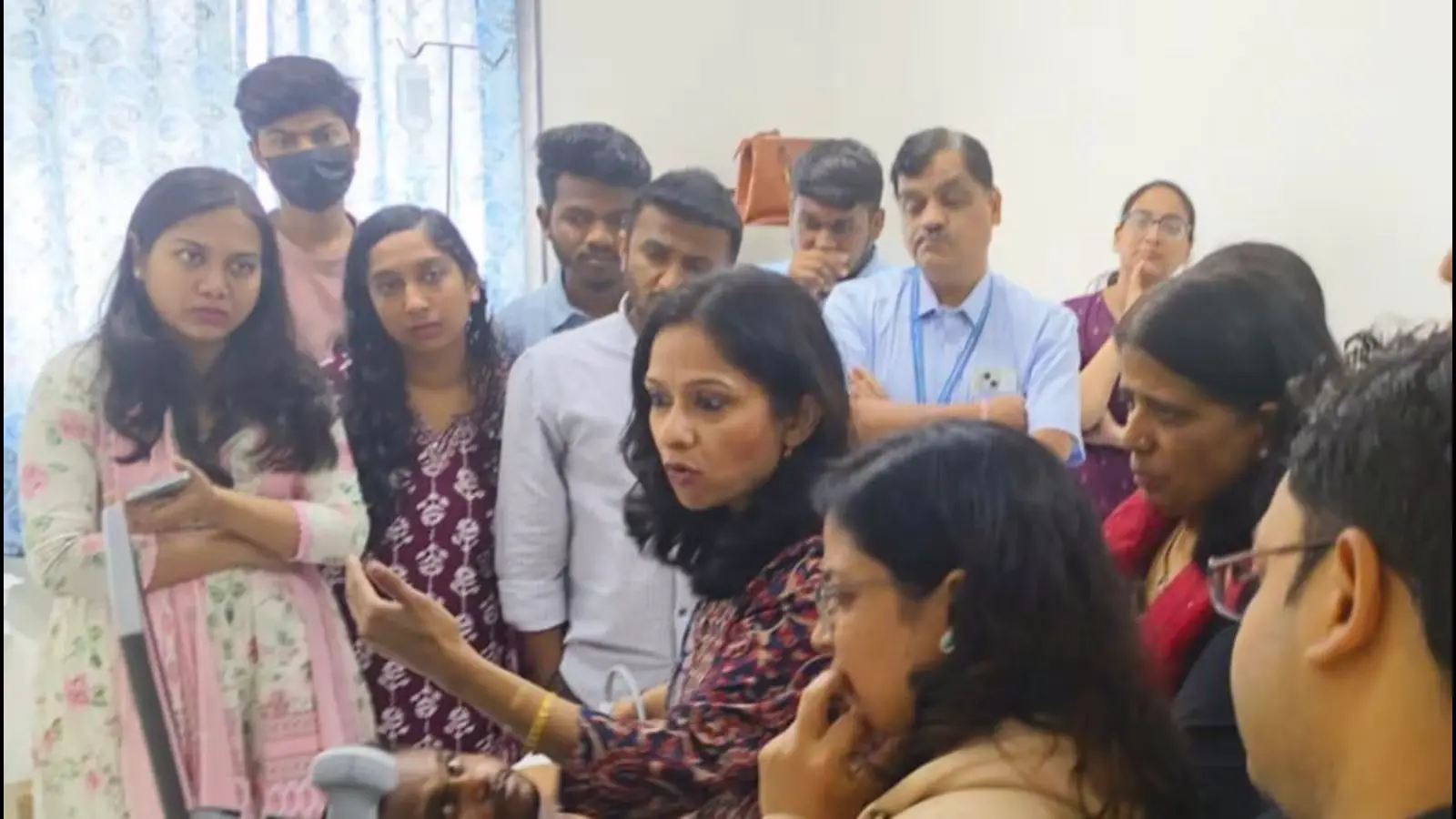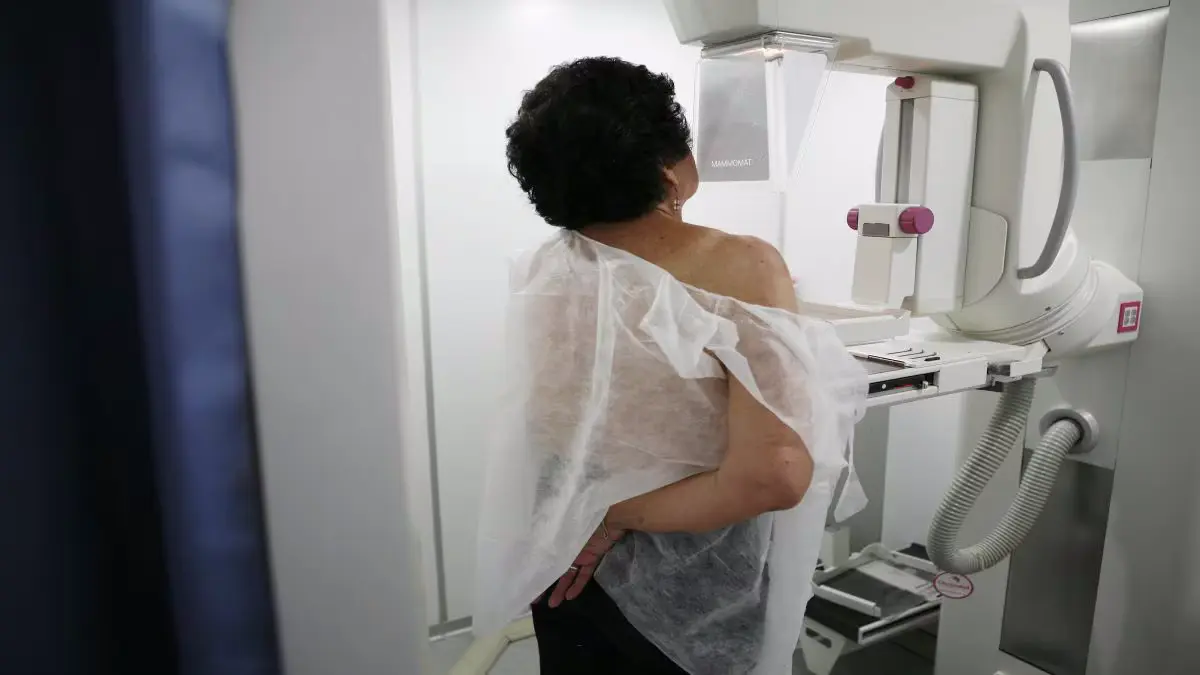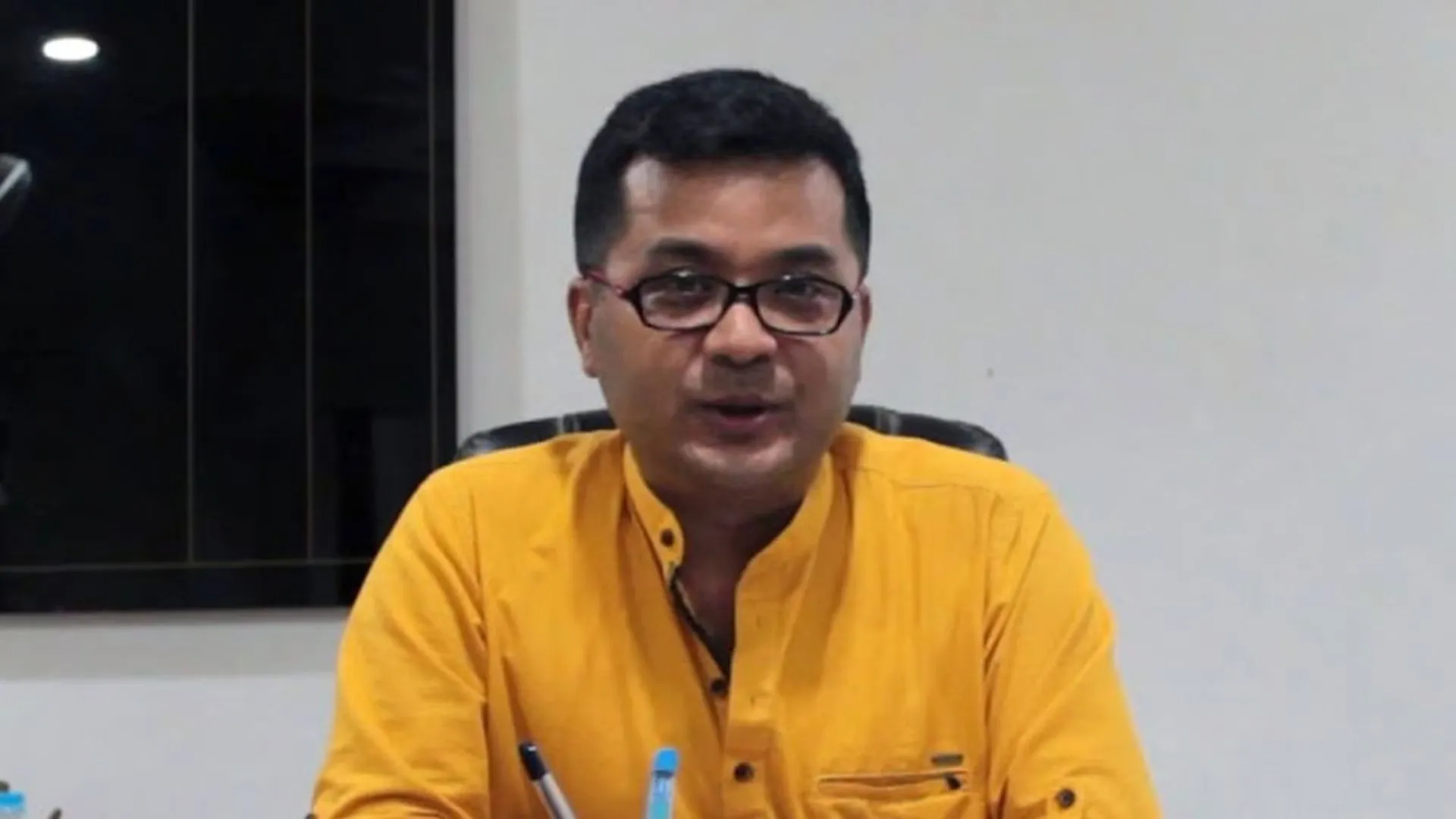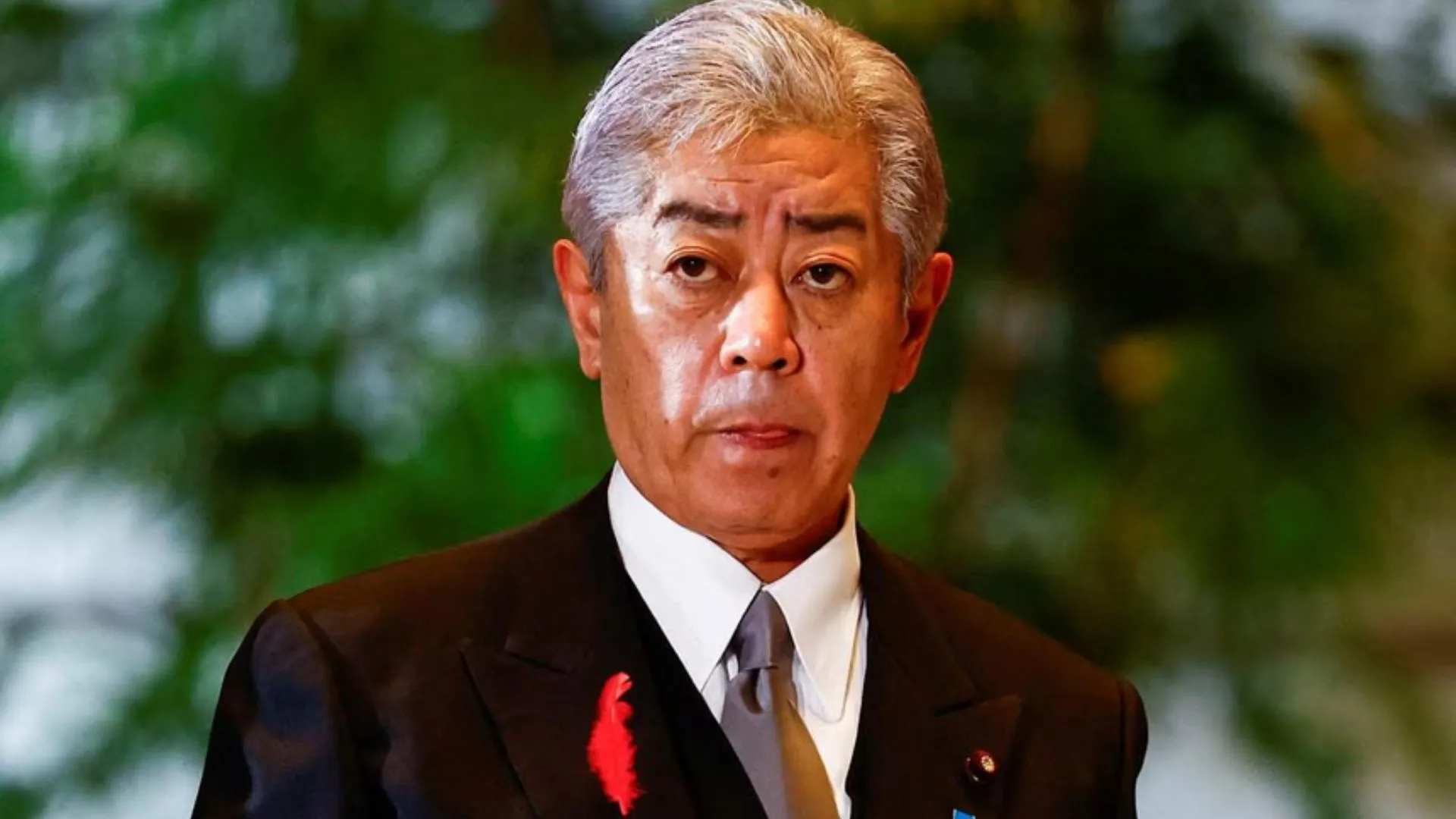End-stage organ failure is estimated to affect more than 6 million persons worldwide. As per National Organ and Tissue Transplant Organization (NOTTO), around 5 lakh people in India need organ transplants every year. Many patients die to lack of availability of donors for transplants. The nationwide deceased organ donation rate in India is 0.34 per million population which still lags far behind western countries such as Spain (35.1) or the United States (21.9). Donation rates are skewed even among states with only 13 of the 36 states and Union Territories contributing to organ donation. India’s organ donation rate is, therefore, the lowest in the world. The pandemic added to the issues. Transplant services is one of the most affected sectors, as it relies on a variety of services that have been drastically occupied to treat patients during the first and the second COVID19 wave.
Now, to what extent can we preserve the noble purpose of organ donation in times of COVID19? Strategies to minimize risk exposure to the recipient population and health workers include systematic virus screening, protection devices, social distancing, and teleconsultation for follow-ups etc., have already been implemented. While many hospitals have now restored transplant activity, new dilemmas such as less organs availability hampers lifesaving efforts & outcomes. So, the need of the hour is to increase organ donation within the country and save as many lives as possible. Citizens, healthcare providers and various support organizations need to spread awareness and eliminate myths associated with organ donation.
For patients with organ failure waiting for a transplant, availability of a suitable donor organ is their only hope for a normal life, or sometimes even the matter of survival. There are 2 ways in which a person can donate organs. A living donor is a healthy person who donates one of a pair of organs such as the kidney or part of an organ such as the liver. A deceased donor is one who donates their organs after death. Brain death is caused by a catastrophic, irreversible, permanent damage to the brain either due to a road accident with head injury or a major bleed into the brain from a burst blood vessel. Since the brain is the controlling centre for the whole body, it is not possible to survive without it and all other organ systems shut down subsequently. Brain death is diagnosed with specific medical tests and is medically & legally recognized as death. The bereaved family are counselled and offered the option to donate the organs of their loved one. A single deceased donor can give life to about 6-9 recipients.
India currently needs a multipronged approach to this promote organ donation. Following can be done:
• Streamline procedures to declare brain death
• Need to have a centralized, transparent, online waiting list system for recipients
• Increase awareness regarding brain death and encourage more people to accept organ donation
One of the most effective way in ensuring an increase in organ donation rate is by joining a donor registry. A registry is more than just an expression of interest in becoming a donor. You can join the registry at any time by filling out a form by logging in https://notto.gov.in/registration.htm.
The Author is Chief Intensivist, Fortis Hospital, Kalyan


